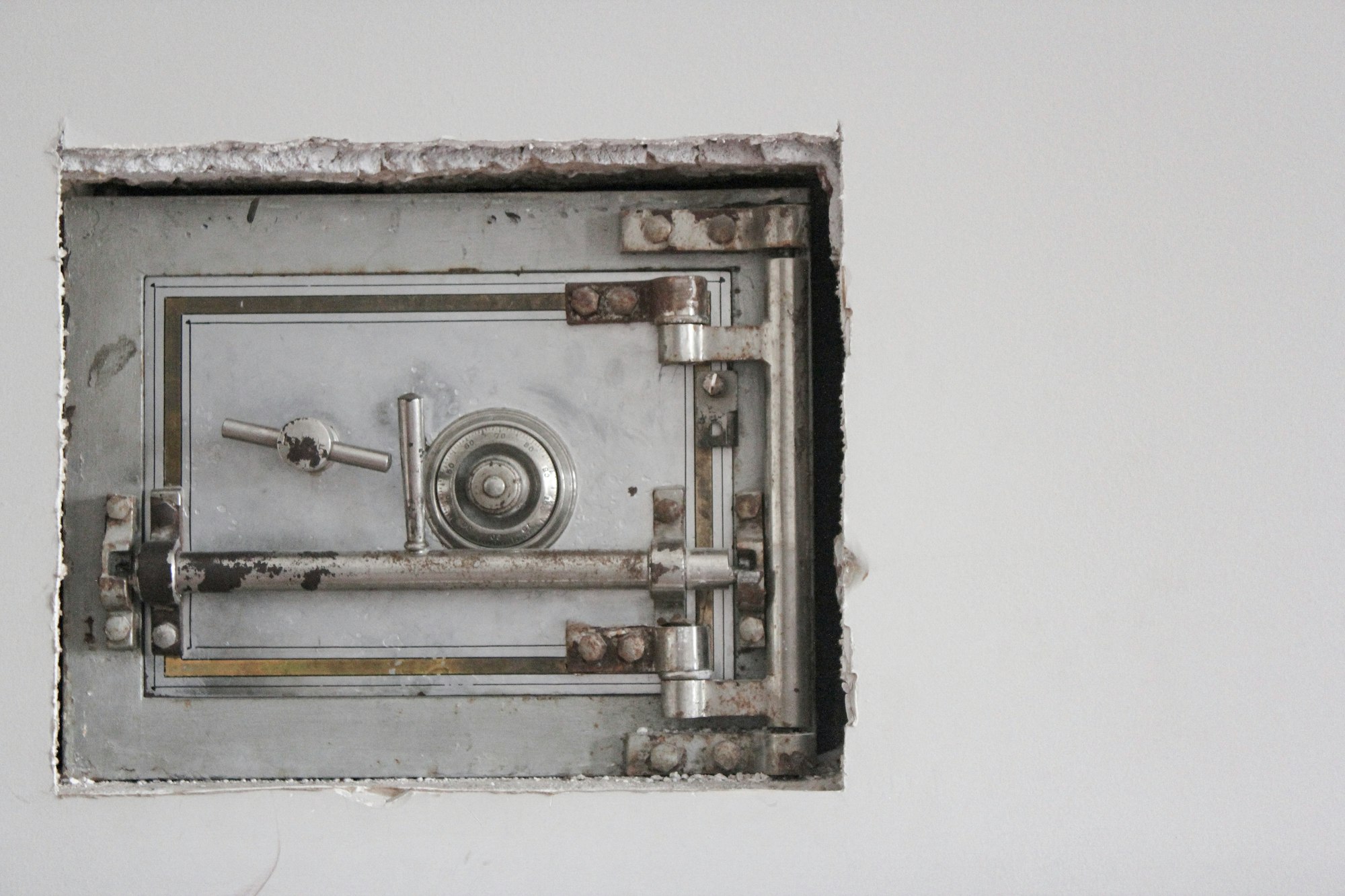Today marks the public launch of two crucial components of the Chromia ecosystem, the Chromia Vault and the Chromia Explorer. The Chromia Vault is our wallet software, the place where you keep your keys and manage your tokens. It is different to most other wallets out there though, which is why we opted to call it a Vault instead.

The Vault lets you manage your tokens across different chains, browse dapps available on Chromia, and control your accounts on different dapps (Chromia SSO, stay tuned for more about this). The Chromia Explorer allows you to visualize transactions and activity on different chains. If you have used other block explorers the interface should be familiar to you, but it differs in that it offers a fully decentralized way to explore the Chromia blockchain. Because relational blockchain removes the need for indexing services, you can fetch information straight from the chain without any servers in between. Read on for more information about the Vault and the Explorer, and how you can try them out yourself.
Chromia Vault
You can access the Vault at vault-testnet.chromia.com. If you have used any kind of blockchain wallet before, the process of account creation should be intuitive. The most important thing is that you remember to record your mnemonic phrase somewhere safe!
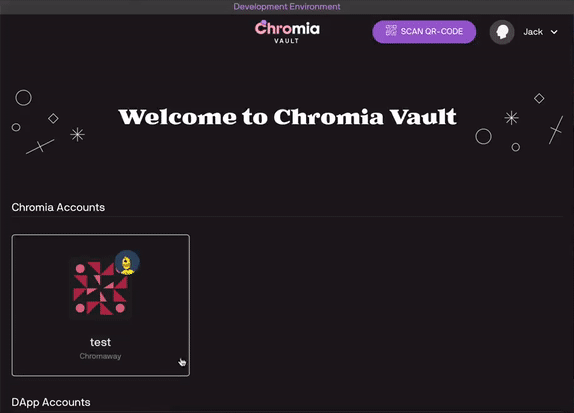
Your Vault can have many accounts active within it, each account is registered on a specific blockchain. Each dapp consists of at least one blockchain. The Vault can query Chromia system chains to find available dapp chains.
We will soon be publishing more details about how the Vault allows you to securely authorise accounts on different dapps. We call this system Chromia SSO and believe that it is unique in the blockchain space. It has the potential to revolutionize dapp UX, stay tuned for more!
Chromia Explorer
The Explorer can be accessed at explorer-testnet.chromia.com. Unlike other explorers, this one requires no indexing server and the code running in your browser can directly query the blockchain. Possibly the first fully decentralized block explorer.
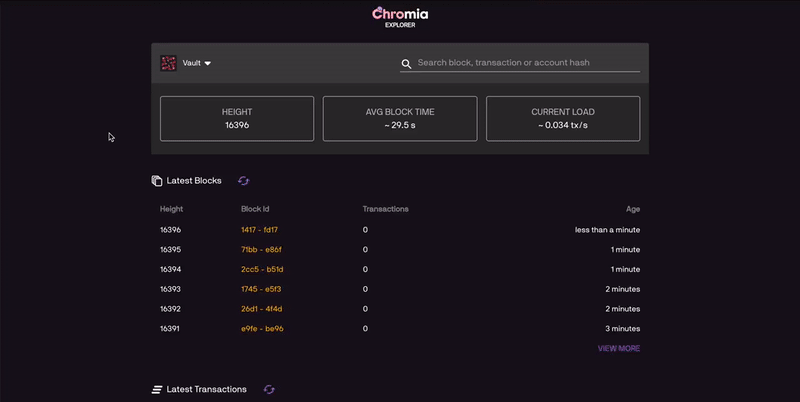
You can use the explorer to track your transactions, or to diagnose issues. As a developer, you can easily write your own frontend for these queries. We will soon publish information about exactly how you can do this.
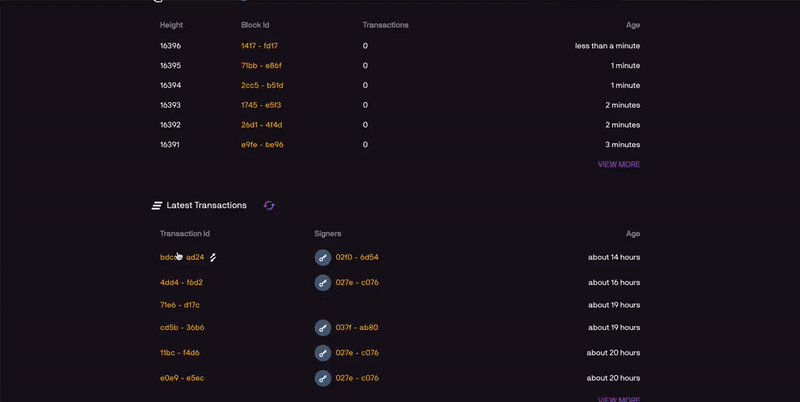
Both the Vault and the Explorer interface with our Flexible Tokens library (FT3), a Rell module which runs on all Chromia blockchains. Code for FT3 can be found here. FT3 is the logic that makes the vault work. When you transfer money it sends an operation to the blockchain.
FT3 is made out of 2 components:
- javascript library: this makes the job easy for developers. They can easily create accounts, users, auth_descriptors and transfers using the library.
- Rell library. Once the block is mined, the transactions are executed (and therefore the operations in there contained). A Rell library can expose its own operations or act as a library for Rell developers that can write their own operations. In short the devs don't have to worry about how the transfer and account management logic works. They simply call the function.
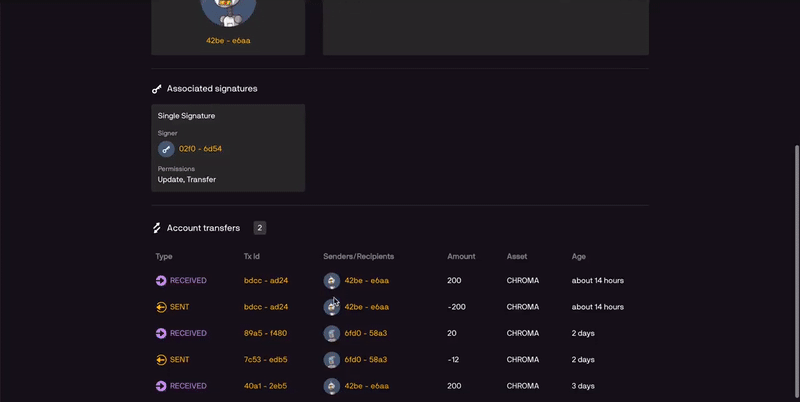
The Chromia Explorer can work on any blockchain and is independent from the Vault and FT3... almost! There are some parameters that need to be set to initialize FT3 module such as name, description and website of the dapp.
We hope you enjoy using the Chromia Vault and the Explorer! We are eager for your comments and feedback, get in touch with us at [email protected] or join our social channels which you can find at chromia.com.
